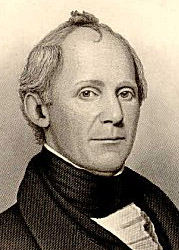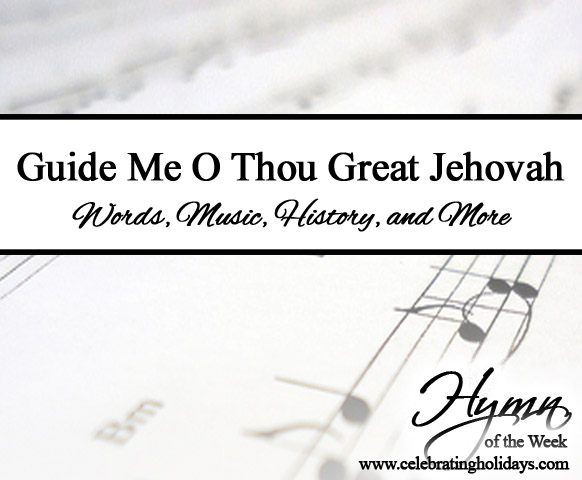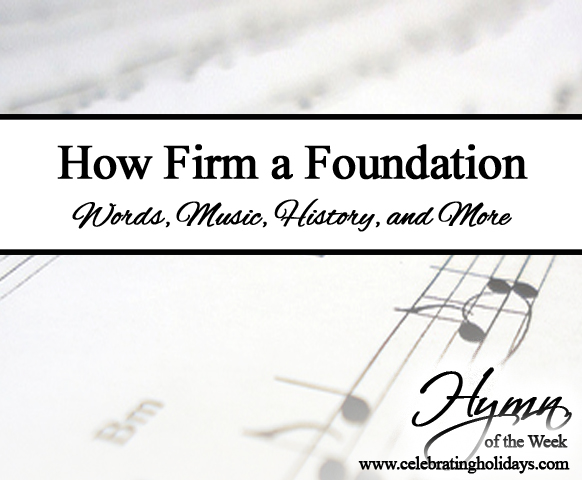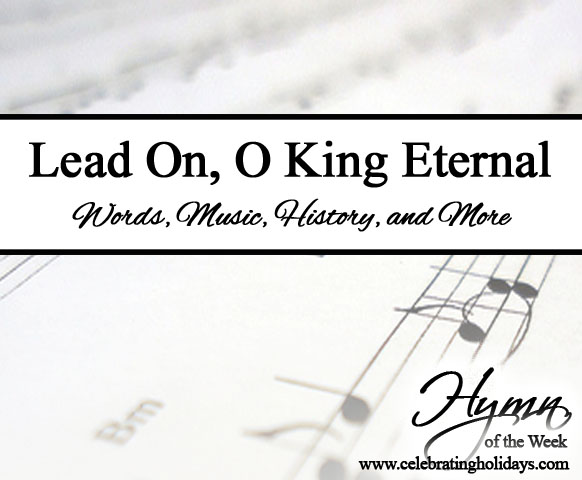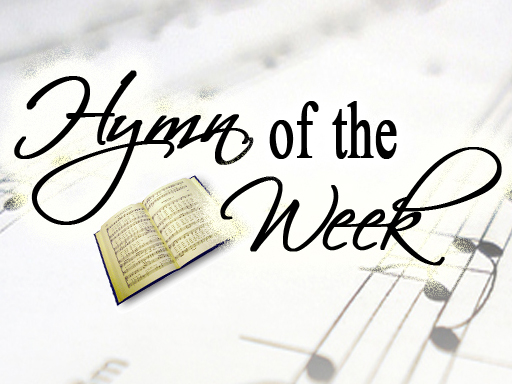Come Thou Fount of Every Blessing
This page includes a lyric video, history, sheet music, and other resources for the classic hymn “Come Thou Fount of Every Blessing.” Enjoy!
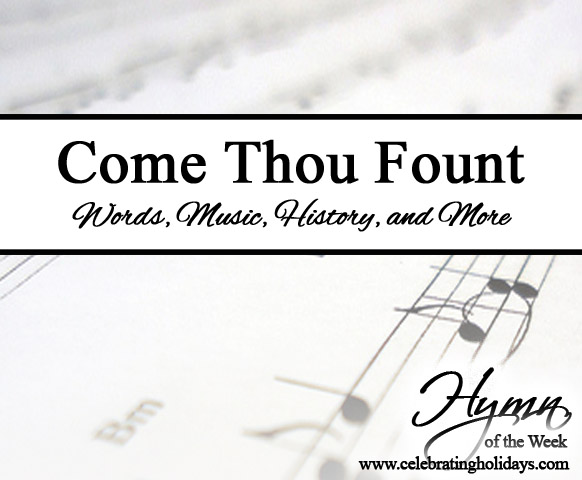
Enjoy this You Tube video, performed by the Jadon Lavik, with lyrics for “Come Thou Fount of Every Blessing”:
History of “Come Thou Fount of Every Blessing”
Words by Robert Robinson (1735-1790), Published in 1758
Robert Robinson was born in England in 1735. Sadly, he lost his father in his youth. His mother, a godly woman, hoped to see Robert become a clergyman in the Church of England, but poverty prevented this ambition.1 Instead Robert was sent to London to be an apprentice to a barber who found that Robert was “more given to reading than to his profession.”2 Robert was a contemplative young man and when he heard a sermon on “The Wrath to Come” by the famous evangelist George Whitefield, it “haunted him blessedly”3 for three years before he finally put his faith in Christ.
Robert soon began preaching and proved to be a gifted communicator. While serving at a church in Norwich, Robert composed the hymn “Come Thou Fount of Every Blessing” (1758) for a celebration of Pentecost. Shortly thereafter, in 1761, the congregation of the Baptist Church in Cambridge persuaded Robert to become their full-time pastor. He served in this position for nearly 30 years. During this time, Robert also worked as a farmer, a merchant, and a prolific writer (having written a number of religious and scholarly works). He was also “an eloquent spokesman for civil and religious liberty, American independence, and the abolition of slavery.”4 It is no wonder that Robert was “prematurely worn out.”5 He retired in 1790 and died the same year.
Tune “Nettleton” by John Wyeth (1770-1858), Published in 1813
John Wyeth was born in Cambridge, Massachusetts and was trained as a printer. At the age of 21, he became the manager of a printing company in Santo Domingo (in the Dominican Republic), but the Haitian insurrection forced him to flee. John lost all of his property and barely escaped the turmoil; in fact, he had to disguise himself as a sailor in order to return to the United States.6 Eventually John settled in Harrisburg, Pennsylvania where he, along with a partner, began a newspaper called The Oracle of Dauphin (Dauphin was the name of his county in Pennsylvania). He was associated with this paper for over 35 years. Interestingly, in 1793, John was appointed by President George Washington to the office of postmaster of Harrisburg. However, he had to step down in 1798 at the request of President John Adams who believed that a newspaper editor should not simultaneously hold a government office.7
John continued printing and publishing for the remainder of his long life. Two of his most successful publications are the Repository of Sacred Music (1810) and the Repository of Sacred Music, Part Second (1813) – these two volumes sold 150,000 copies.8 The tune “Nettleton” first appeared in the 1813 publication with the name “Hallelujah”; it was listed as a new tune with no authorship mentioned.9 It is sometimes attributed to a well-known evangelist named Asahel Nettleton (thus the name of the tune) who compiled Village Hymns (1825), but this hymnal did not contain any music (only words), and “there is no evidence that Nettleton wrote any tunes during his life. It is generally accepted that the tune is the work of Wyeth.”10
Additional Resources for “Come Thou Fount of Every Blessing”:
Sheet Music (PDF Compliments of Hymnary.org)
Guitar Chords (Links to Ultimate Guitar)
Visit Hymnary.org or Hymn Time.com for more on this hymn.
See our Hymn of the Week page for a list of the hymns that are included on this site.
This page was created by:

We welcome your ideas! If you have suggestions on how to improve this page, please contact us.
You may freely use this content if you cite the source and/or link back to this page.
Sources:
1 Julian, John, editor. Dictionary of Hymnology. Kregel Publications, 1985 (republished 1907 edition), p. 969.
2 Ibid.
3 Ibid.
4 Hustad, Donald P. Dictionary Handbook to Hymns for the Living Church. Hope Publishing Company, 1978, p. 309.
5 Julian, John, editor. Dictionary of Hymnology. Kregel Publications, 1985 (republished 1907 edition), p. 970.
6 Reynolds, William Jensen. Hymns of Our Faith: A Handbook for the Baptist Hymnal. Broadman Press, 1964, p. 447.
7 Ibid.
8 Net Hymnal, John Wyeth.
9 Reynolds, William Jensen. Hymns of Our Faith: A Handbook for the Baptist Hymnal. Broadman Press, 1964, p. 34.
10 Ibid.

